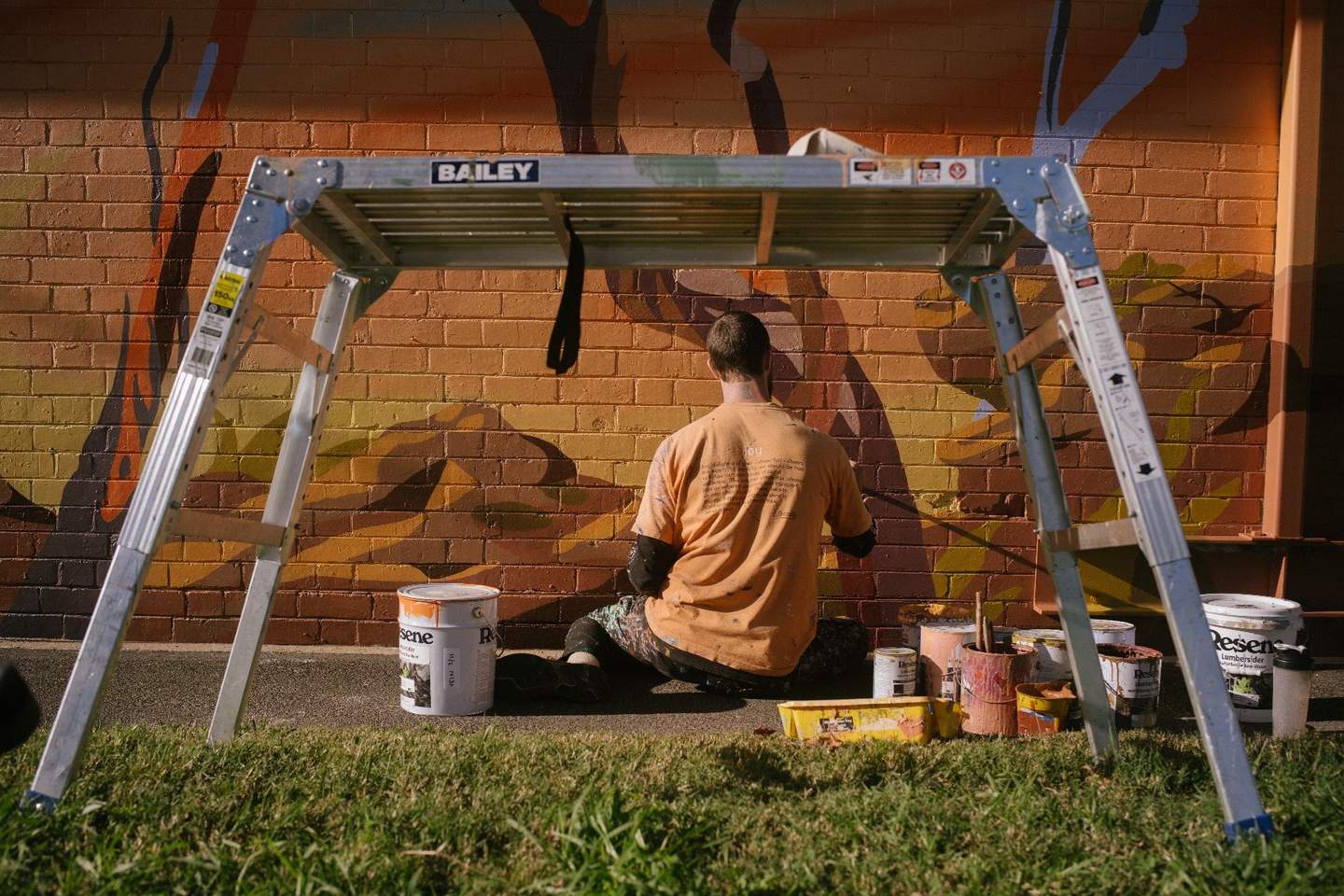· ‘Healthy Women, Healthy Economies’ 2021 research prize launched
· Initiative to help quantify impact of COVID-19 on women’s workforce participation and health in APEC countries including ANZ
· Post-pandemic recovery plans must factor in equality, diversity to build better systems that support everyone – Leah Goodman, GM
Sydney, Australia, 6 March 2021 – Merck, a leading science and technology company, is marking International Women’s Day (8 March) with a range of initiatives including the launch of a 2021 research prize aiming to help women in APEC countries fully participate in paid work.
Submissions for the US$20,000 ‘Healthy Women, Healthy Economies’ 2021 research prize are now open to all researchers (including non-academic) whose work identifies areas for gender-specific interventions appropriate for their economy or organisations. This year, organisers expect entries will illuminate the disproportionate impact of the COVID-19 pandemic on the economic status and wellbeing of women in their countries.
‘It is well understood that women’s ability to fully and comfortably take part in paid employment through good health, education, child support and training, is inextricably linked to better economic and social outcomes for everyone,’ said Leah Goodman, Merck Healthcare Managing Director and General Manager for Merck Australia and New Zealand.
The global theme for International Women’s Day in 2021 is ‘Women in Leadership: Achieving an Equal Future in a COVID-19 World’.
‘Sadly, many hard-won gains for women have been lost as a direct result of the pandemic, as we heard this week at a ‘Healthy Women, Healthy Economies’ Policy Forum. At least one APEC country reports employment numbers for women have regressed ten years, which is why it’s vital to consciously build a COVID-19 recovery effort that takes into consideration the specific ways in which women have been impacted,’ said Ms Goodman. ‘Women need to be active in planning the recovery of fundamentals like secure employment, to enable their potential as leaders to be realised.’
Immediate effects of the pandemic on women included reduced or lost employment, increased hours spent on unpaid caring and domestic work compared to male partners, and healthcare temporarily put on hold.2
‘Many longer term impacts are emerging, such as job loss interrupting careers and reducing earnings for many women, with knock-on effects for their families now and in future, or delayed access to IVF treatments, with consequences for starting a family,’ said Ms Goodman. ‘I am proud that Merck can join with APEC to give policy makers and employers a clearer understanding of these gaps and specific tangible needs for women in different circumstances.’
The COVID-19 crisis demonstrated that economies remain vulnerable to gender inequalities, with women much more likely than men to lose or have reduced employment last year.2 Women were immediately vulnerable if employed in hard-hit industries, in casual or part time jobs, having lower socio-economic status or due to where they lived, in the view of the policy dialogue forum panellists.
‘Some countries including Australia and New Zealand were able to put in place immediate measures such as childcare subsidies or wage-based stimuli, but we need to be thinking now about recovery, at a company, industry, government and community level, with equality in mind, and recognising the diverse range of situations, because the old norms simply no longer apply,’ Ms Goodman said.
Merck has supported the Healthy Women Healthy Economies program as lead private sector partner since 2014. The initiative strives to unleash the economic power of women by bringing governments, employers and other interested stakeholders together to help improve women’s health, so women – and by extension their families – can join, thrive, rise in their communities and live better lives. Applications are now open to residents in all 21 APEC countries and close 31 May 2021. The winner will be able to share their research during this year’s Women and the Economy Forum (apec2021nz.org), to be hosted virtually by New Zealand in September.
Merck and women:
· – At Merck in Australia and New Zealand, across the Healthcare, Life Science and Electronics businesses, 6 in 10 employees are women (on par with the industry average) and 6 in 10 managerial or director roles are held by women (higher than industry average)1
· – From May, Merck globally will be led by Belen Garijo, who takes over from Stefan Oschmann as chair of the executive board and CEO, becoming one of only two female leaders of global top 20 pharmas worldwide
· – Women’s health is a pillar of the Merck Healthcare business with lead therapies from the company registered in multiple sclerosis and fertility
Merck’s workplace activity for ANZ staff on International Women’s Day includes speakers from among female leadership in ANZ, the Asia Pacific and global offices; male employee representatives talking about how they support women in the workplace and their own families to achieve their career goals; and opportunities for female employees to share their personal experiences of career challenge as part of the official #choosetochallenge global campaign theme.
Pictured (attached jpeg): Merck team members (left to right) – Prisca Drysdale, Neil Perrett, Jo Prior, Leah Goodman & Bernard Tindale
References:
2. 3. International Labour Organization, 21 January 2021. ‘COVID-19 and the world of work’
Date of preparation March 2021. AU-NONGM-00059
About ‘Healthy Women, Healthy Economies’
Since 2014 the APEC ‘Healthy Women, Healthy Economies’ initiative has been working on a public-private partnership basis across three APEC working groups – Policy Partnership on Women and the Economy, Health Working Group and Human Resources Development Working Group – to improve women’s health so they can join, thrive, and rise in the workforce. The working groups have also endorsed the APEC ‘Healthy Women, Healthy Economies’ Research Prize, initiated by the Chile government to spur much-needed research that enables policy makers, business leaders and others to identify and implement measures to improve women’s health and workforce participation in APEC economies.
he prize is supported by Merck, which co-chaired development of a ‘Healthy Women, Health Economies’ Policy Toolkit detailing ways to improve women’s health across five pillars: workplace health and safety; health access and awareness; work-life balance; sexual and reproductive health; and gender-based violence.







